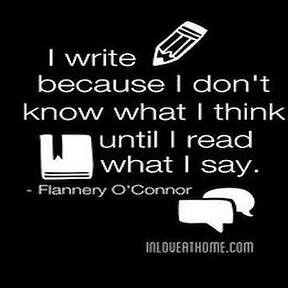@anon13690460,
Some things you say suggest you might be experiencing uncontrolled growth of your story ideas. Getting lost in “research” is a frequent sign of this. This needs taming. You are probably letting your ideas grow uncontrollably – until they become so big and complex and (in your mind) so nuanced that you can’t approach them. Most of your talk suggests you are thinking of large-frame writing (novels) and that would no doubt contribute to building only over-large intimidating plans. As many have suggested, write small for this moment.
- Let your next story idea be one that can be told in a single-scene. Strict rule: one scene.
- Also, let it be a story idea that does not require research. Strict rule: no research; there is only you and what you already know. You can’t identify birds and you don’t know what kind of trees those are, so why should your protagonist know?? No, don’t make them an ornithologist! If you don’t know what those whatyamacallits are called, too bad; lose the whatyamacallit or find some way around having to name it.
- Write your heart story some other day. Strict rule: no personal attachment to subject.
On the last point: I run a regular writing group which is full of fledgling, would-be, and casual writers. In my experience it helps enormously to give people ways to come up with NEW story ideas in order to get them away from story ideas that they have some personal attachment to (they have been thinking about the idea forever, or it is rooted in some meaningful personal experience, etc.) Because having such attachments almost inevitably gums them up.
You may or may not be inspired by writing prompts you find, but even if not, reading a lot of well-constructed story blurbs will teach you their scale and rhythm and this may help you come up with writing-prompt-sized ideas to pursue.
The rest of this note won't help you at all. Just oversharing:
We often write story prompts just so our folks in the group always have a generous collection to pull from – if they need it to approach something new. We have various strategies for coming up with these. Usually this involves a computer generated pre-prompt. For example I wrote a generator that randomly combines the elements of story according to one taxonomy of “genre” (an embellishment of @pigfender’s taxonomy).
COMING OF AGE • SAVE/FREE THE ‘PRINCESS’ • FANTASY • SAME NATURAL ABILITIES • ANOMALOUS SCI-FI ELEMENT • SOCIETY UNCHANGED • NO UPHEAVAL •
Strangely if you trawl through a few of these they start immediately suggesting story conceits.
When his beloved goldfish is sidelined by the newer, more exotic fish in the aquarium, a lovelorn pet turtle must leave the safety of his tiny island and brave the cavernous expanse of the playroom, in order to free his beloved from her confinement and bring her back to his tiny turtle kingdom.
Another pre-prompt generator I made (and use) does nothing more than fill in a grammatical pattern with randomly chosen words of the right grammatical types. For example,
extra pie, strict asking. completely failed. competing really. [whose, throughout].
Which inspired the following story prompt:
The usual playful vying for best dessert between these two takes an unexpected turn when one of their desserts inexplicably ends up on the floor.
Best wishes.
GR
